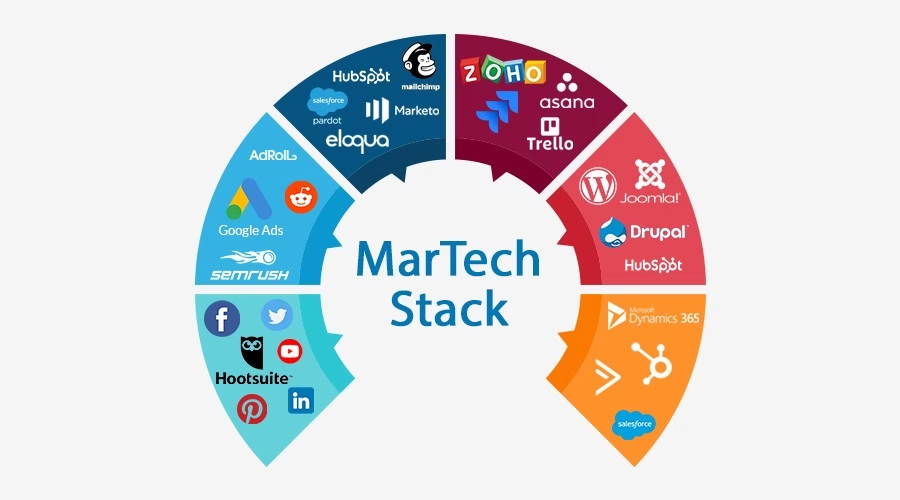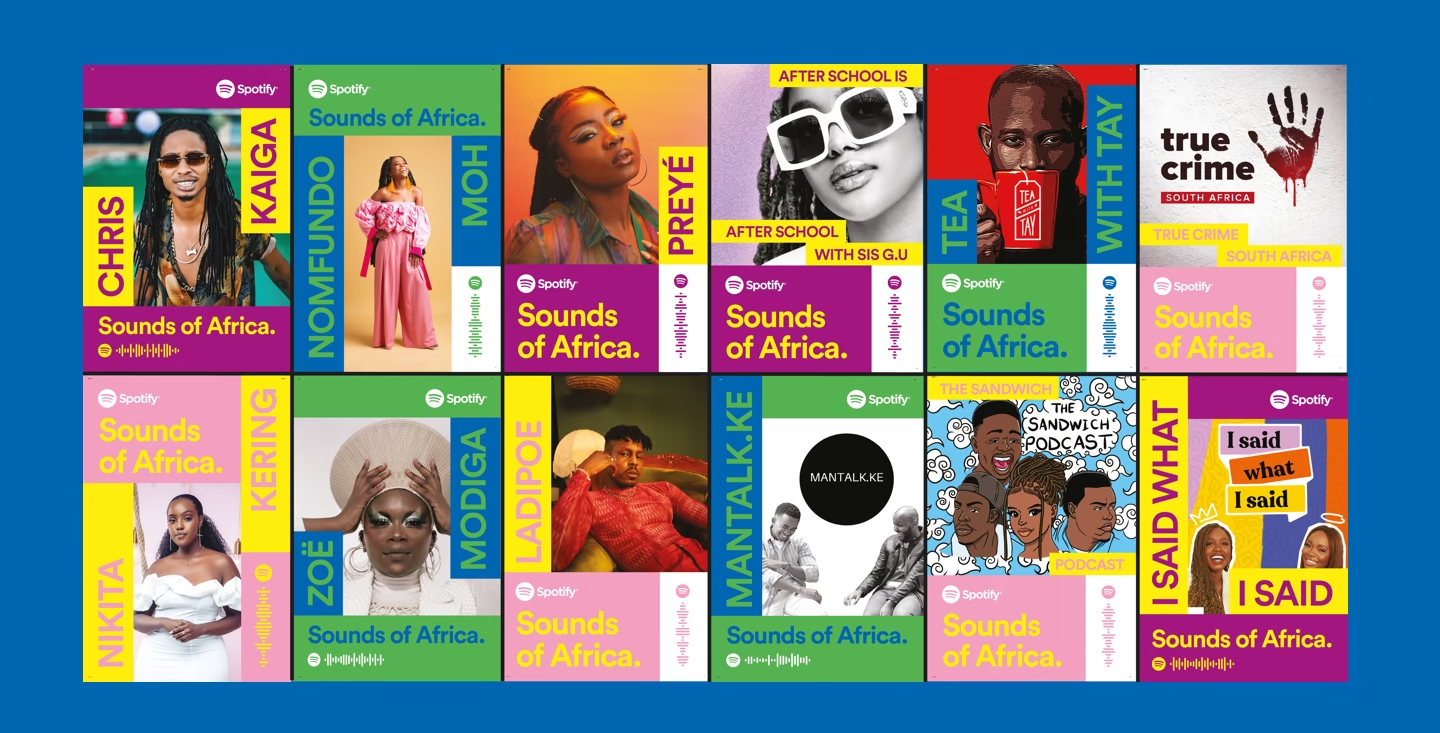Google has announced that users can now accept third-party cookies or reject them in its Chrome browser to enhance user protection after initially announcing that it was eliminating third-party cookies. Speculation and concern increase on the future of Adtech and Martech as more users spend a significant amount of time in “cookieless environments.”
Google’s Latest “Cookie Decision”
Google initially announced in 2020 that it plans to phase out third-party cookies by 2022, following the footsteps of Apple and Mozilla. The search engine giant intended to replace third-party cookies with a new set of more privacy-respecting technologies under the “Privacy Sandbox” initiative.
However, the organization recently announced a u-turn on its plans in a blog post by Anthony Chavez, VP of Privacy Sandbox to a new user-focused approach. Rather than scrap third-party cookies, users can now choose whether or not they want third parties-tracking their online activities. Nevertheless, experts agree that third-party cookies will eventually be phased out.
What It Means
Most users will likely opt out of third-party tracking, significantly cutting the available third-party data for advertisers targeting and measurement. Advertisers would now seek further effective strategies for managing, collecting, and utilizing their own (first-party) data.
Chrome currently dominates the global browser market with a 65% share, much higher than Apple Safari’s 18% and Mozilla Firefox’s 3%. The stats reinforce Google’s influence in the world of digital advertising following a recent ruling by a U.S. judge sentenced Google’s monopoly in the search engine market as “illegal.”
With the new decision, the search engine may be on its way to improving its judicial reputation. Meanwhile, advertisers are turning to new Adtech and Martech strategies to maintain the ability to deliver relevant ads.
Navigating Alternatives to Third-Party Cookies
Privacy Sandbox remains a cornerstone in Google’s vision for a privacy-focused environment. Evolving tools like the Topics API for contextual targeting and Protected Audiences API for remarketing could replace third-party cookies. Similarly, other privacy-enhancing technologies like Unified ID 2.0 can provide helpful alternatives for tracking and targeting without relying on third-party cookies.
Experts recommend diversifying their media mix beyond traditional cookie-reliant platforms, as advertisers work to understand and comply with evolving privacy regulations. Unconventional channels like social media, and in-app advertising, alongside specialized services from platforms like Google, Meta, and Amazon, can help co ofmpanies maintain relevance in the changing landscape of digital advertising.
Stay informed with the latest news and technology trends by visiting 365marktech.africa.










